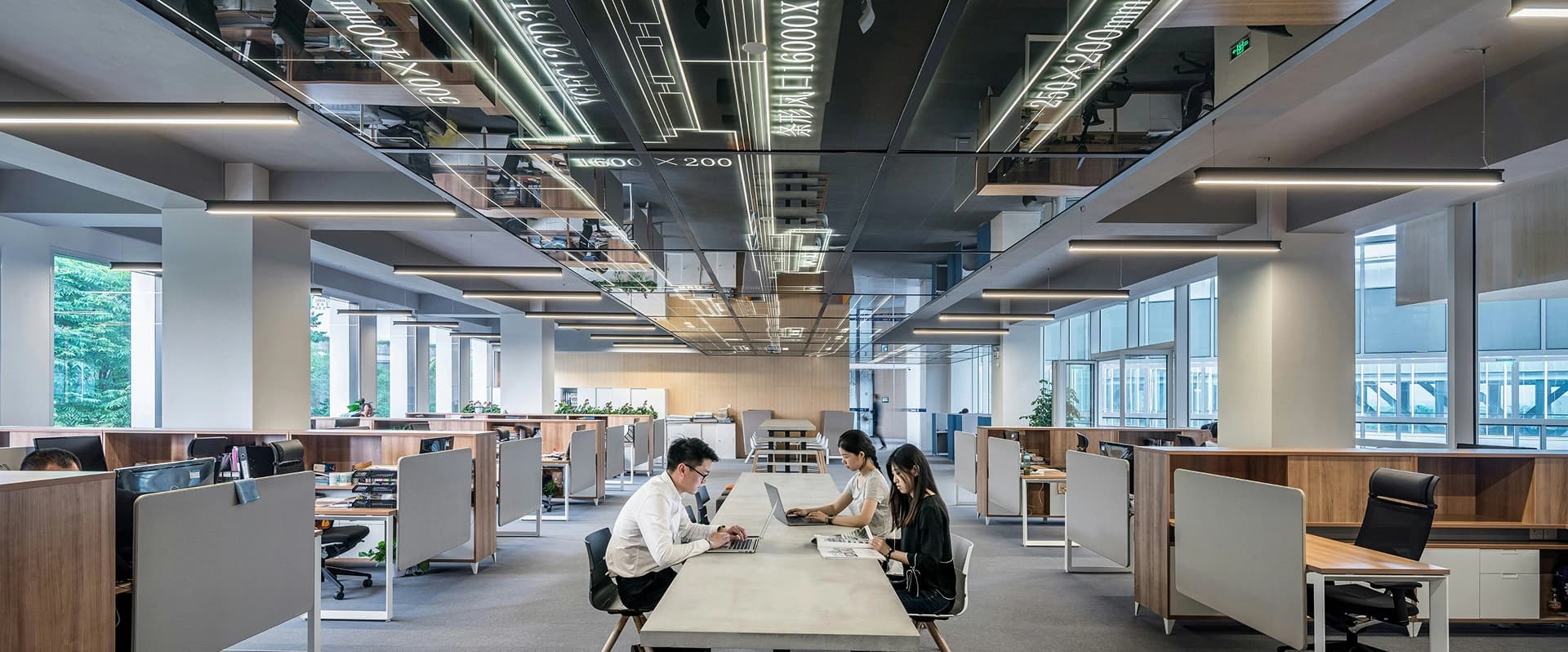
Engineering Software Success for Modern Businesses
At E Software Solutions, we deliver advanced technology services that help businesses grow, innovate, and scale. From automation to software development, our solutions address real-world challenges with measurable results backed by technical expertise and a client-first approach.
Loading ...
The ESS Advantage
At E Software Solutions, we believe true partnerships are built on trust, clarity, and results. Here’s how we deliver value beyond just code.
Client-First Mindset
We align with your goals from day one. Every solution we build is shaped around your business needs, not just technical requirements.
Scalable, Future-Ready Solutions
Whether you're just starting out or scaling fast, our systems are built to adapt and grow with you so you’re never held back by your tech.
Transparent, Agile Collaboration
We keep the process smooth and predictable. With agile sprints, clear updates, and open communication, you’re always in the loop.
Cross-Industry Expertise
From startups to enterprises, healthcare to logistics we bring proven experience across industries to solve your unique challenges.
Ongoing Support & Innovation
Our work doesn’t stop at launch. We stay with you for maintenance, optimization, and helping you seize new opportunities as they arise.
How We Bring Ideas to Life
From strategy to support, our process is built for clarity, speed, and impact. We work closely with you at every stage to ensure your solution not only meets expectations it exceeds them.
- Discovery & Strategy
- Planning & UI/UX Design
- Development & Integration
- Testing & Quality Assurance
- Launch & Deployment
- Post-Launch Maintenance
Get Insights from the Experts!
Stay updated with the latest trends in SaaS, AI, and digital transformation
